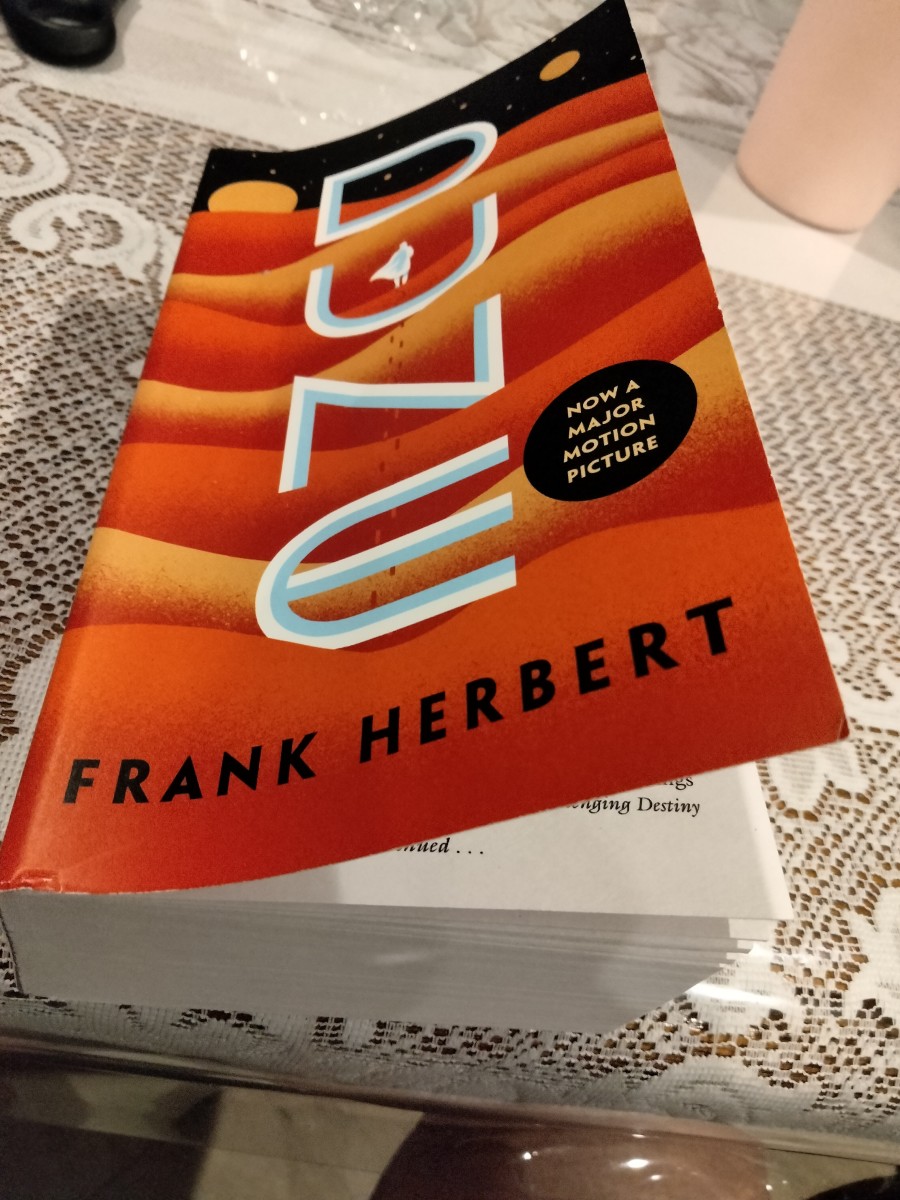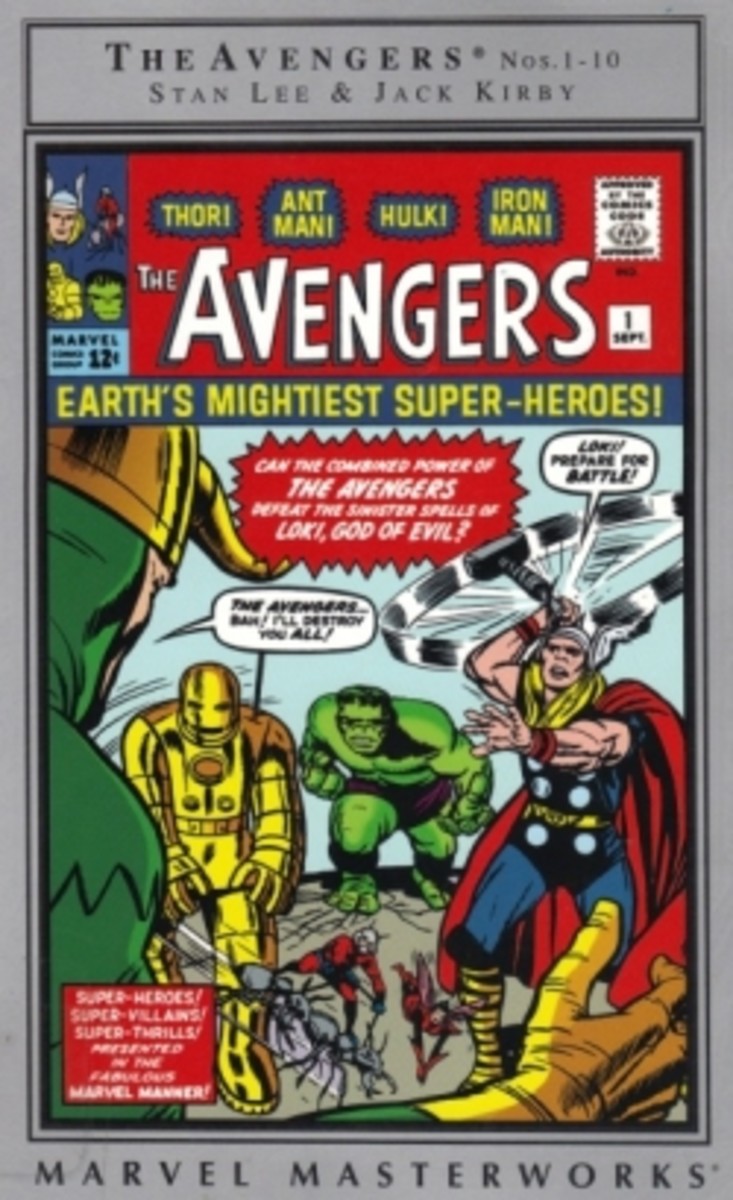A book review of "the Disappearance of the Universe".
Trying to Reconcile Old Ideas with the New

- Irrational Discrimination vs Logical Discernment in Relation to Religious and Secular laws
Crimes against humanity and crimes against religious establishments, are two different concepts.
Religious Influences
Religious influences permeate every aspect of our lives.
Is this influence damaging to our lives?
Is it destructive to humanity?
Does it cause emotional/mental conflict without justification?
Would there even be conflict or wars without its influence?
Does religion have anything to do with spirituality at all?
Man has not yet learned how to adapt the old religious Ideas with the new modern day mentality.
It is difficult to determine whether this is a ''good'' thing, or a "bad" thing for society as a whole.
By the Book
- The Disappearance of the Universe: Straight Talk about Illusions, Past Lives, Religion, Sex, Politic
The Disappearance of the Universe: Straight Talk about Illusions, Past Lives, Religion, Sex, Politics, and the Miracles of Forgiveness [Gary R. Renard] on Amazon.com. *FREE* shipping on qualifying offers. What would you do if you were sitting quietly
The Book Review
This book by Gary Renard, represents itself as:
"...straight talk about illusions, past lives, religion, sex, politics, and the miracles of forgiveness...."
I found it to be redundant in theme and quite tedious to read. But, i managed to work my way through it in courtesy to fellow hubber (Spirit Whisperer), to whom i express much gratitude for the thoughtfulness of this gift; and whose opinions i hold in high esteem.
The book is merely an extension of the bible, which i deem insignificant (along with all other purported 'holy' texts of the past), with the exception of their "notability" as a historical "tool" of propaganda for the religions they represent, and as their main ''tool'' to maintain 'control' over their subjects (followers).
It would seem, to me, that the author is quite obviously laden with a deep rooted subconscious guilt for his quest in seeking a greater spiritual enlightenment. The book is a brilliantly veiled attempt to over ride this subconscious guilt; cleverly trying to reconcile his "enlightened" ideas with the biblical teachings he was undoubtedly taught to believe in as the first authority on the Creator's intentions for mankind: an erroneous assumption in its pretentiousness as a proclaimed 'holy' scripture. The need for this reconciliation, of one with the other, is basically another subconscious facade to protect against having to face his (the author) 'perceived' shame and guilt associated with the possible questioning of a core belief implanted by the indoctrination processes of childhood 'teachings', by their respective religions.
- Our World of Obsession, Abuse, and Madness. A Growing Global Social Problem
We are a global society obsessed with, and possessed by, religious beliefs to the point of madness. Beyond the point of no return. - Our World of Obsession, Abuse, and Madness. A Growing Global Social Problem
We are a global society obsessed with, and possessed by, religious beliefs to the point of madness. Beyond the point of no return.
"Quoting" from scripture -
to prove a point...
All of the quoted "teachings of Jesus" throughout this book are merely band-aid manifestations to shield the subconscious from that guilt and shame of questioning its (the ancient texts) veracity as a 'true' guide to salvation. It can be extremely difficult to overcome the indelible belief that in doing so (questioning) can lead to a self imposed emotional exile, as a tool (crutch) for accepting, continuing, and justifying those deep rooted 'learned' beliefs. So the need for reconciliation is a necessity to preserve both the old with the new. This ingrained unrealistic guilt and shame, from the subconscious level, imposes those self limitations on questioning its validity by denying it (the questioning itself).
The projection of J.C. as more than just another human being only tries to prove what can not be proven. Therefore it invalidates the attempt.
Blaming the "ego" is turning all responsibility for any pain and suffering in ones life, whether real, or perceived, inward and only serves to enhance and reinforce that guilt for the "perceived" attempt at rejection of those indoctrinated ideas.
Although there are several profound statements throughout the book, their presence does not equate to logic in the entirety of the text; as does also describe the over all content of any subjective (or objective) religious writings.
- Karma Quotes Bad VS Good
These are not funny but damn serious Karma quotes about bad and good Karma. Make a tattoo of these quotes or post these sayings on your Facebook status for your ex girlfriend or boyfriend.
Good Quotes vs. Bad Quotes
Good quote: ( from the book).
- "Enlightenment is but a recognition, not a change at all." This is half true, and half not: If enlightenment is but a recognition, then that, in itself, constitutes a change, if only in thought processing. Nonetheless still a change, rendering the quote profound, but not entirely correct. An oxymoron, if you prefer.
Bad quote:
- "How else can you find joy in a joyless place except by realizing that you are not there." This is a self defeating statement. It is trying to justify something by denying it; ergo, it is illogical and irrational.
Many quotes (statements) are profound, but are seemingly meant to reconcile man with myth: an attempt to incorporate old unsubstantiated ideas (beliefs) with new unsubstantiated ideas (beliefs). That is an oxymoron.
Good quote:
- "He who would not forgive, must judge, for he must justify his failure to forgive." This is a profound truth.
The book continuously talks about striving for forgiveness from God. But, if we are all part of the "ONE BEING" then there is no need to constantly seek forgiveness from ourselves. The only true forgiveness that is (or should be) required of us, as individuals parts of the whole, is the forgiveness toward others for the harm they have caused to other individuals, and self forgiveness for doing the same harm to another part of ourselves, as they (we) relate to being all a part of that whole.
The concept of the attitude of constantly seeking acceptance from others, or the whole, is contrary (counter productive) to the concept of gaining knowledge and meaningfully experiencing the material world, which i would argue to be our sole purpose for visiting here.
Complacency cannot take the place of actively seeking new knowledge of what these "material" concepts really mean, and is only harmful to the individual unit that is temporarily separated from the whole.
If this is true, then there can be no sin. As "sin", in itself, is merely a human concept that can not be applied to a spiritual being that is only a single unit (a small piece) of the whole.
If we are all only fractions of one complete whole, then the concept of individual eternal banishment (and punishment) is also an oxymoron.
You can change a thought, idea, belief, or a concept within your mind, but you cannot "banish" any of them from your mind.
Good quote:
- "There is a very simple way to find the door to true forgiveness, and perceive it open wide in welcome. When you feel that you are tempted to accuse someone of "sin", in any form, do not allow your mind to dwell on what you think he did, for that is self deceptive. Ask instead: Would I accuse myself of doing this?" This is an excellent concept for us all to strive to achieve.
- A Candid View of the correlation between Mental Illness and Religion
Correlating the link between religious teachings and mental disorders is truly astonishing and frighteningly real.
Psychological Conflicts
Cognitive dissonance is a psychological conflict resulting from incongruous {disagreeing, incompatible, nonconforming, inconsistent within itself } beliefs and attitudes held simultaneously in our mind.
It really does not matter what we do to, or with, ourselves as individuals. What matters is what we do to others. No one has the right to interfere with the existence of others, either individually, or as a group of people with similar beliefs.
Understanding that we are individual components residing in a temporary material host body of flesh, blood, and bone (all organic materials), will give greater credence to the concept of not judging anyone else, or ourselves. For our mission on this planet is not to judge others, but rather to learn and understand those attributes that are absent from the spiritual realm. Nothing more.
There was a book written by James Redfield (circa 1993): "The Celestine Prophecy". This book has 9 key insights into life itself. A must read, if one is seeking a greater in depth knowledge regarding our spiritual enlightenment. Mr. Redfield does not find the need to reconcile our new "spiritual awakening" with the old ancient texts that are out of step with modern reality. It has more relevance than "the Disappearance of the Universe" and i would recommend the Redfield concepts above the Renard Concepts.
So, to me, the book lost any credibility by its attempt to interpret, or add to, the old scripture to somehow make it relative to modern times. I find it odd, that we, as a people, can somehow overlook and ignore historical facts (as in our global history of conflicts and wars), and manage to cling to myths that really have little historical fact, or value. I suppose that this is due to the power of conceptual indoctrination being greater than truth itself. The Celestine Prophecy has more powerful messages, with more relevance as a new age movement, without any need to reconcile with the past.
by: d.william 07/23/2011
Religion is all about Control
Thank you for your comments
http://htodd.hubpages.com/ For some reason i am unable to post any comments on this hub. So i added this text capsule to acknowledge and thank you all for taking the time to read and comment on this article. I apologize for the loss of the many comments that were submitted on this article.








